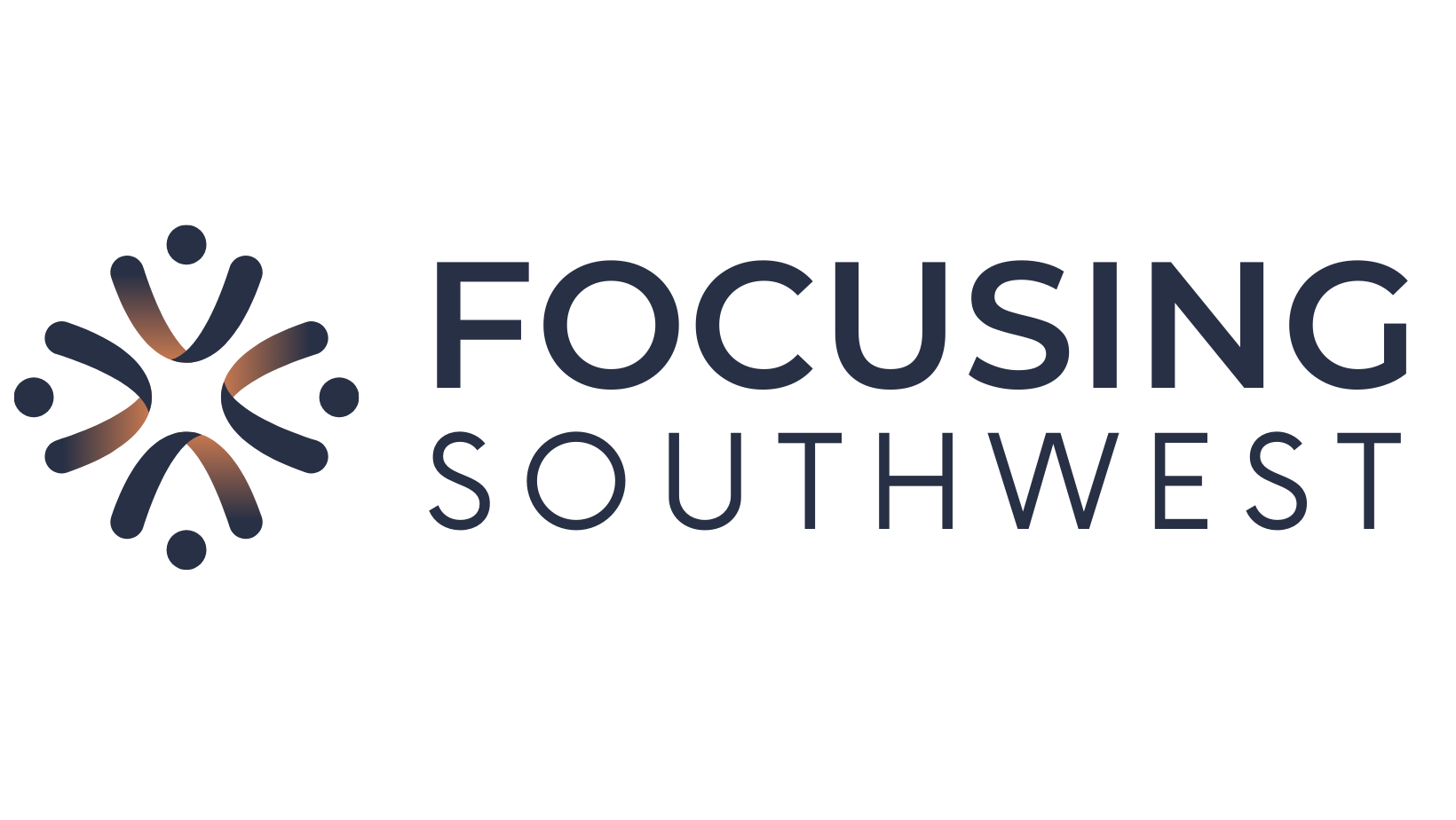What is Focusing?

Focusing is an experiential, embodied and evidence-based psychotheraputic process developed by psychotherapist and Professor Eugene Gendlin. It can be used in any kind of therapeutic situation, including peer-to-peer sessions
The subtle movements experienced during a Focusing session have the potential to transform the framework of thinking and stuck emotional patterns. Focusing is a process that integrates feeling and thinking, body and mind.
Focusing was discovered in the late 1950s when Professor Eugene Gendlin of the University of Chicago researched the question: “Why is psychotherapy helpful for some people, but not others?”
Gendlin and his colleagues studied recordings of hundreds of therapy sessions and made a fascinating and important discovery: successful therapy clients were able to do something more than worry about the future or react to the past. They could pause and pay attention to what was happening in the present moment, in their bodies, in response to the problem at hand. Sometimes in ways that words could not easily convey. Gendlin called this a “felt sense,” and developed the method he called “Focusing” so that anyone could learn this profound way of experiencing breakthroughs in whatever has been holding them back.
Focusing allows you to get past what has been making you stuck, using the body-mind’s inherent ability to heal and live forward into new possibilities. Inner Relationship Focusing is a further development of Focusing created over many years of work by Ann Weiser Cornell and Barbara McGavin.
FAQ
What can you use Focusing for?
Focusing has a very wide range of uses, from healing emotional wounds to enhancing your creativity or improving your thinking ability. Focusing can strengthen and deepen every part of your life. Some uses of Focusing include :
- releasing blocks to action
- making clear decisions
- knowing what you really feel and want
- getting in touch with your life purpose
- healing emotional trauma
- transforming inner critics
- nurturing a sense of self worth
- being fully present as yourself
Is Focusing like meditation or mindfulness?
Although Focusing can be practiced inwardly—often sitting quietly with eyes closed—it is not the same as meditation. Focusing is a highly engaged process of self-exploration, intentionally inviting a bodily awareness of something meaningful within your inner experience. This process involves actively interacting with and listening to what is here now (or around an issue), rather than simply observing or clearing the mind, as in traditional forms of meditation.
While Focusing shares some similarities with mindfulness—such as cultivating acceptance, presence, and curiosity—it goes beyond simple awareness of body sensations. Focusing involves a dynamic, intentional dialogue with your inner experience, where you pause to invite, check, and resonate with what emerges. This active engagement allows for deeper insights, emotional shifts, and transformative change that arise from your own inner wisdom.
Focusing is not just about noticing what is happening in the present moment but also about developing a relationship with what is alive inside of you—whether it’s an emotion, sensation, or something harder to put into words. It’s a process of discovery and transformation that allows new possibilities and pathways to unfold.
Is Focusing like therapy?
Focusing is a deeply transformative and therapeutic process, distinct from traditional therapy. Therapists can gain certification in Focusing and incorporate it into their practice, which is known as Focusing-Oriented Psychotherapy.
Here are some of the ways a Focusing session is different:
- You will not be asked to disclose details or history about the issues you’re working on, unless you want to
- It is a client led process: Focusing empowers individuals to follow their own inner wisdom and experience at their own pace.
- There are no intake forms
- You will not be diagnosed or analyzed
- You are the sole decider of whether and when to have more sessions, and whether and when to stop having sessions
- The emphasis is on your relationship with yourself
What happens in a Focusing session?
In a Focusing session, you’ll be guided through a gentle process of turning inward to explore your inner experience with curiosity and compassion. Together, we create a safe, supportive space where you can connect with your bodily awareness of something meaningful within you.
I’ll help you invite and explore what arises, checking in with how it feels and resonates in your body. This is not about forcing solutions or fixing anything, but rather allowing new insights, clarity, and emotional shifts to emerge naturally.
Each session is uniquely tailored to your needs and pace, offering you a powerful tool to process challenges, heal emotional blocks, and uncover inner resources for growth and transformation.
You are also welcome to ask questions about how you can apply Focusing after the session.
Is there research on Focusing and its effectiveness?
Yes. There have been over 80 research studies of how Focusing is linked with positive outcomes in Psychotherapy.
Stay Connected
Sign up for our email list and we will let you know about new updates, helpful tips, and special announcements.
